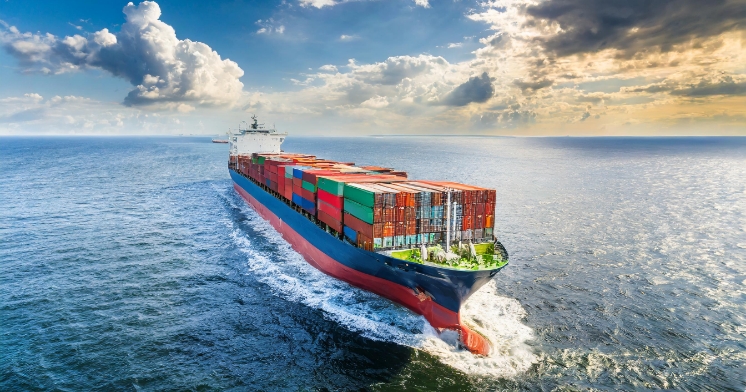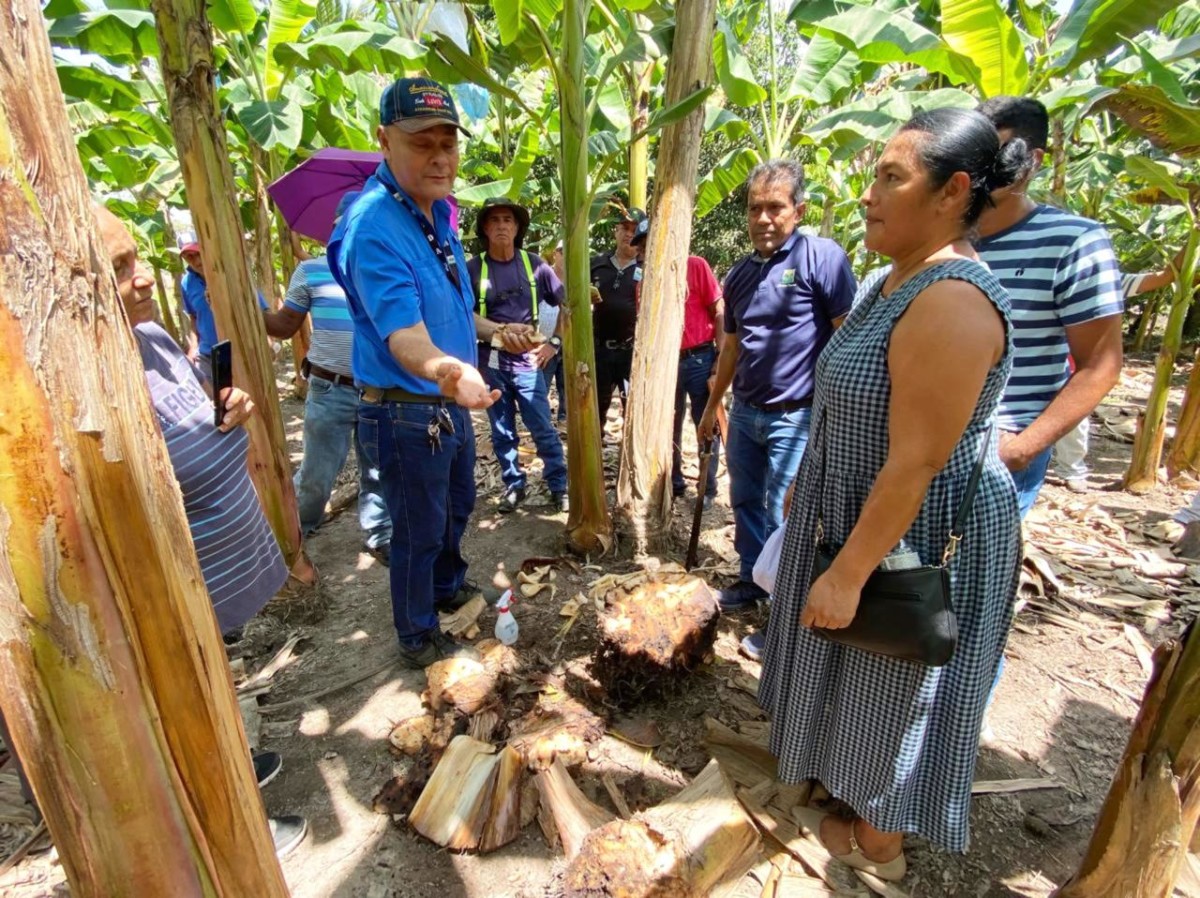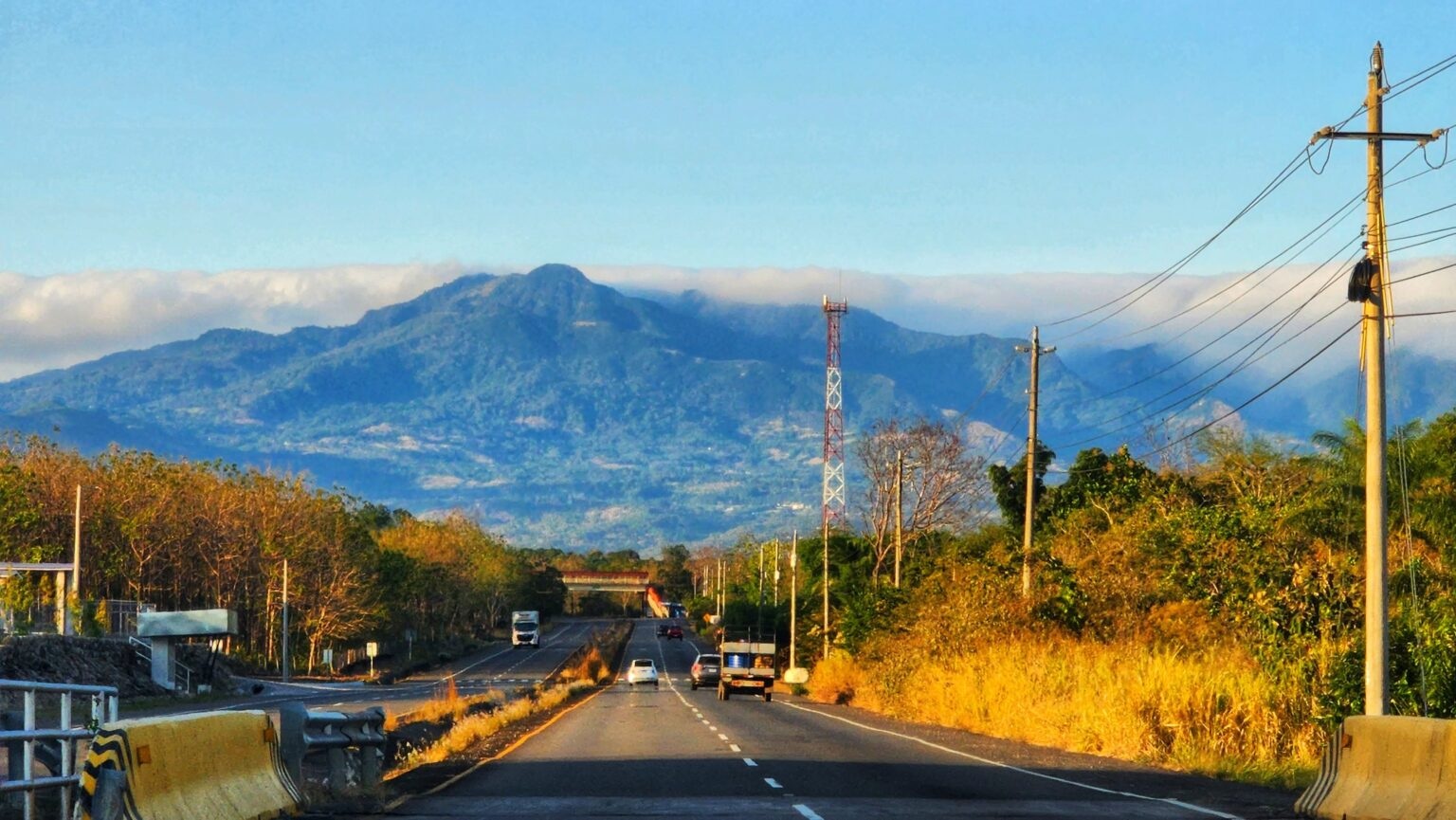Restrictions in the Panama Canal could cut 4,000 annual transits

The recent restrictions in the Panama Canal due to the water crisis are triggering significant changes in global trade and the maritime routes of shipping companies.
With a 33% reduction in transits, equivalent to 100 million tons of cargo, which has generated a 5% increase in transportation costs, the economic impact is undeniable.
These figures reveal the urgency of adapting to new routes and logistics strategies to maintain efficiency in supply chains.
An analysis by the consulting firm Mckinsey & Company warns about the increase in maritime transport costs the increase in merchandise delivery times and a change in routes in the global supply chain.
The report states that the reduction in the number of transits has gone from 36 ships a day to 24 ships translates into 100 million tons of cargo no longer passing through the route, which is equivalent to 35% of what transited. through the interoceanic route in the fiscal year 2022.
Mckinsey, which analyzes various scenarios according to the patterns of international maritime trade, indicates that Latin America and the east coast of the United States especially depend on the Canal for the supply of merchandise, raw materials, and fuel such as natural gas and oil.
“A major trade route connecting North Asia, the East Coast, and the Gulf Coast of the United States passes through the Panama Canal. In total, approximately 14% of maritime trade to and from the United States sails through the Canal,” indicates the consulting firm.
In turn, the road represents 2,544 million in contributions to the Panamanian State, according to the report at the end of fiscal year 2023.
Other routes
The McKinsey report indicates that the limitations imposed by the drought in the Channel are leading to a new configuration of global maritime routes, with the aggravation of greater costs and time.
A ship traveling from Asia to the Caribbean that would normally cross east through the Panama Canal could instead go west around the Cape of Good Hope, at the southern tip of Africa. In this scenario, what would take 26 days to pass through the Canal would take 39 days to go around Africa.
Another route would be that a ship traveling from the west coast of South America to the Caribbean, which would normally pass through the Panama Canal, could cross through the Strait of Magellan, at the southern tip of South America. This crossing would last 31 days, compared to the 6 days of the route through the Panama Canal.





